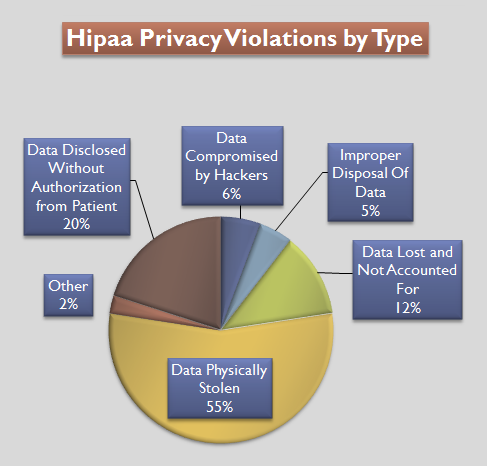|
CCOW
In the context of Health informatics, CCOW (''pr'' /seacow/) or Clinical Context Object Workgroup is a Health Level Seven International standard protocol designed to enable disparate applications to synchronize in real time, and at the user-interface level. It is vendor independent and allows applications to present information at the desktop and/or portal level in a unified way. CCOW is the primary standard protocol in healthcare to facilitate a process called "Context Management." Context Management is the process of using particular "subjects" of interest (e.g., user, patient, clinical encounter, charge item, etc.) to 'virtually' link disparate applications so that the end-user sees them operate in a unified, cohesive way. Context Management can be utilized for both CCOW and non-CCOW compliant applications. The CCOW standard exists to facilitate a more robust, and near "plug-and-play" interoperability across disparate applications. Context Management is often combined with Si ... [...More Info...] [...Related Items...] OR: [Wikipedia] [Google] [Baidu] |
Health Level Seven International
Health Level Seven International (HL7) is a non-profit ANSI-accredited standards development organization that develops standards that provide for global health data interoperability. The 2.x versions of the standards are the most commonly used in the world. Organization The HL7 community is organized in the form of a global organization (Health Level Seven International, Inc.) and country-specific affiliate organizations: *Health Level Seven International, Inc. (HL7) is headquartered in Ann Arbor, Michigan. *HL7 has members from over 50 countries, including 500+ corporate members representing healthcare providers, government stakeholders, payers, pharmaceutical companies, vendors/suppliers, and consulting firms. *HL7 affiliate organizations, not-for-profit organizations incorporated in local jurisdictions, exist in over 30 countries. The first affiliate organization was created in Germany in 1993. *Strategic goals and initiatives are presented in HL7's Strategic Plan. The org ... [...More Info...] [...Related Items...] OR: [Wikipedia] [Google] [Baidu] |
Health Informatics
Health informatics is the field of science and engineering that aims at developing methods and technologies for the acquisition, processing, and study of patient data, which can come from different sources and modalities, such as electronic health records, diagnostic test results, medical scans. The health domain provides an extremely wide variety of problems that can be tackled using computational techniques. Health informatics is a spectrum of multidisciplinary fields that includes study of the design, development and application of computational innovations to improve health care. The disciplines involved combines medicine fields with computing fields, in particular computer engineering, software engineering, information engineering, bioinformatics, bio-inspired computing, theoretical computer science, information systems, data science, information technology, autonomic computing, and behavior informatics. In academic institutions, medical informatics research focus on a ... [...More Info...] [...Related Items...] OR: [Wikipedia] [Google] [Baidu] |
Health Insurance Portability And Accountability Act
The Health Insurance Portability and Accountability Act of 1996 (HIPAA or the Kennedy– Kassebaum Act) is a United States Act of Congress enacted by the 104th United States Congress and signed into law by President Bill Clinton on August 21, 1996. It modernized the flow of healthcare information, stipulates how personally identifiable information maintained by the healthcare and healthcare insurance industries should be protected from fraud and theft, and addressed some limitations on healthcare insurance coverage. It generally prohibits healthcare providers and healthcare businesses, called ''covered entities'', from disclosing protected information to anyone other than a patient and the patient's authorized representatives without their consent. With limited exceptions, it does not restrict patients from receiving information about themselves. It does not prohibit patients from voluntarily sharing their health information however they choose, nor does it require confidential ... [...More Info...] [...Related Items...] OR: [Wikipedia] [Google] [Baidu] |
Integrating The Healthcare Enterprise
Integrating the Healthcare Enterprise (IHE) is a non-profit organization based in the US state of Illinois. It sponsors an initiative by the healthcare industry to improve the way computer systems share information. IHE was established in 1998 by a consortium of radiologists and information technology (IT) experts. Operations IHE created and operates a process through which interoperability of health care IT systems can be improved. The group gathers case requirements, identifies available standards, and develops technical guidelines which manufacturers can implement. IHE also stages "connectathons" and "interoperability showcases" in which vendors assemble to demonstrate the interoperability of their products. Sponsorship IHE is sponsored by the Healthcare Information and Management Systems Society (HIMSS), the Radiological Society of North America (RSNA), and the American College of Cardiology (ACC). The eye care domain is sponsored by the American Academy of Ophthalmolog ... [...More Info...] [...Related Items...] OR: [Wikipedia] [Google] [Baidu] |

